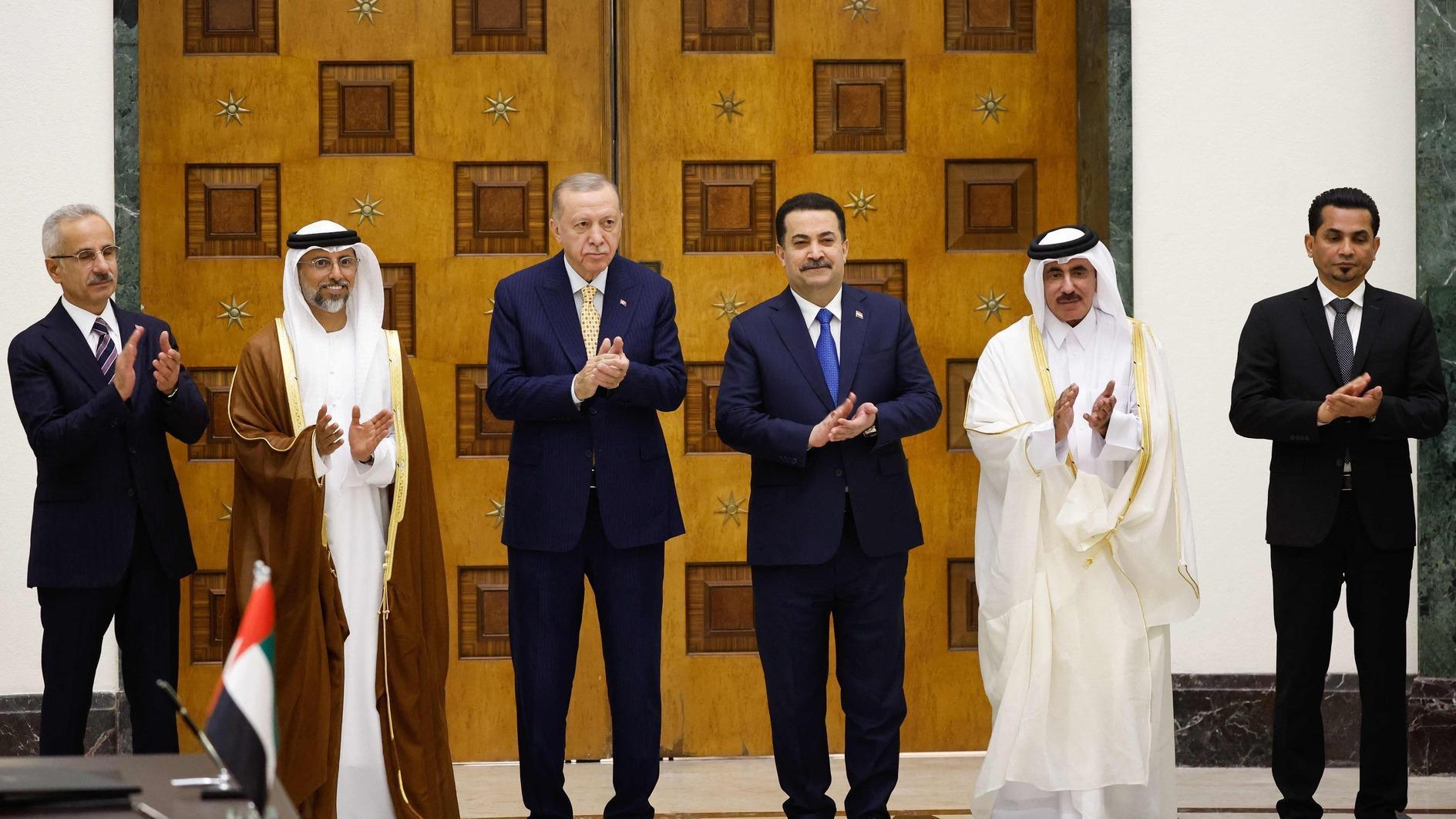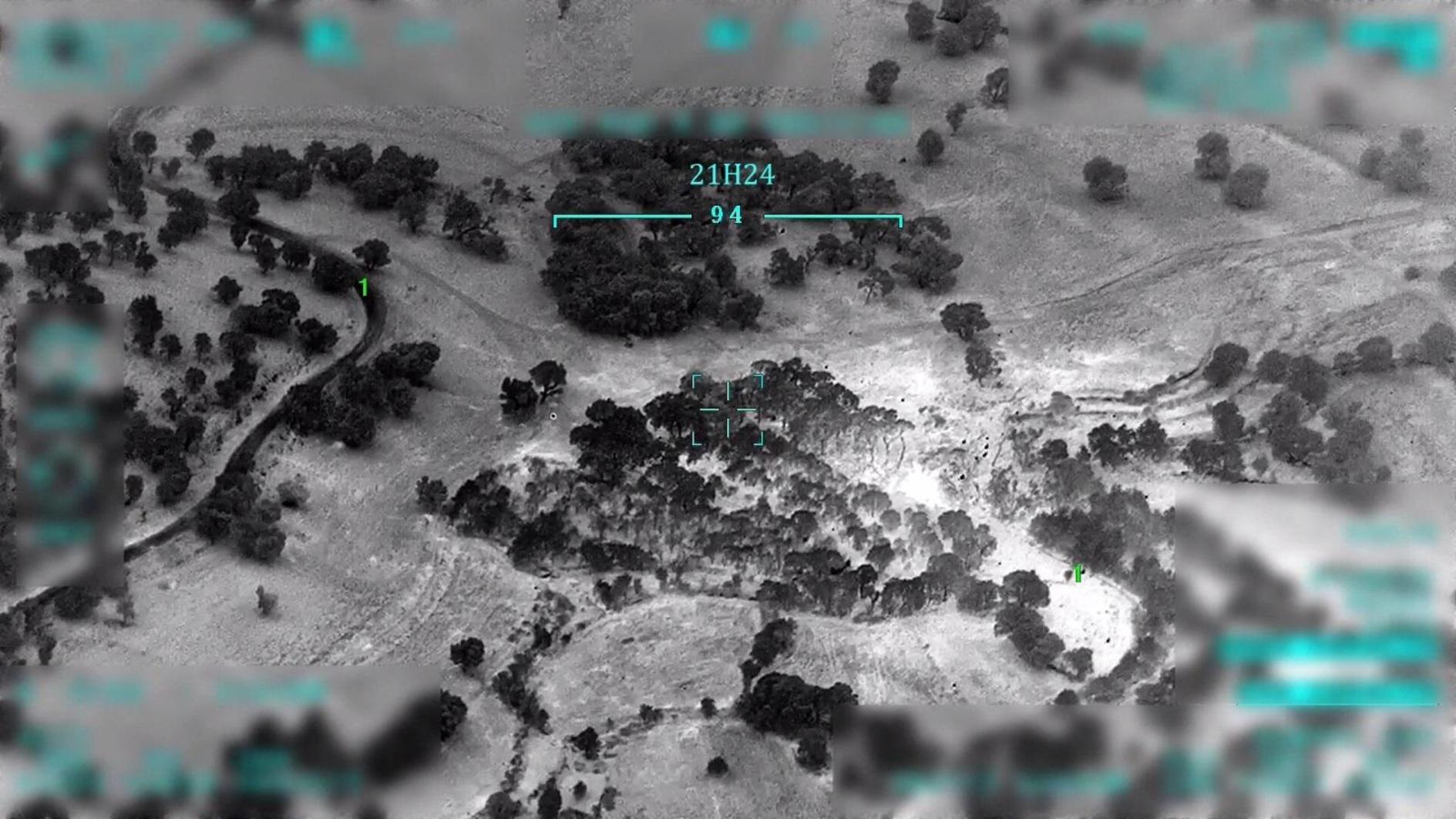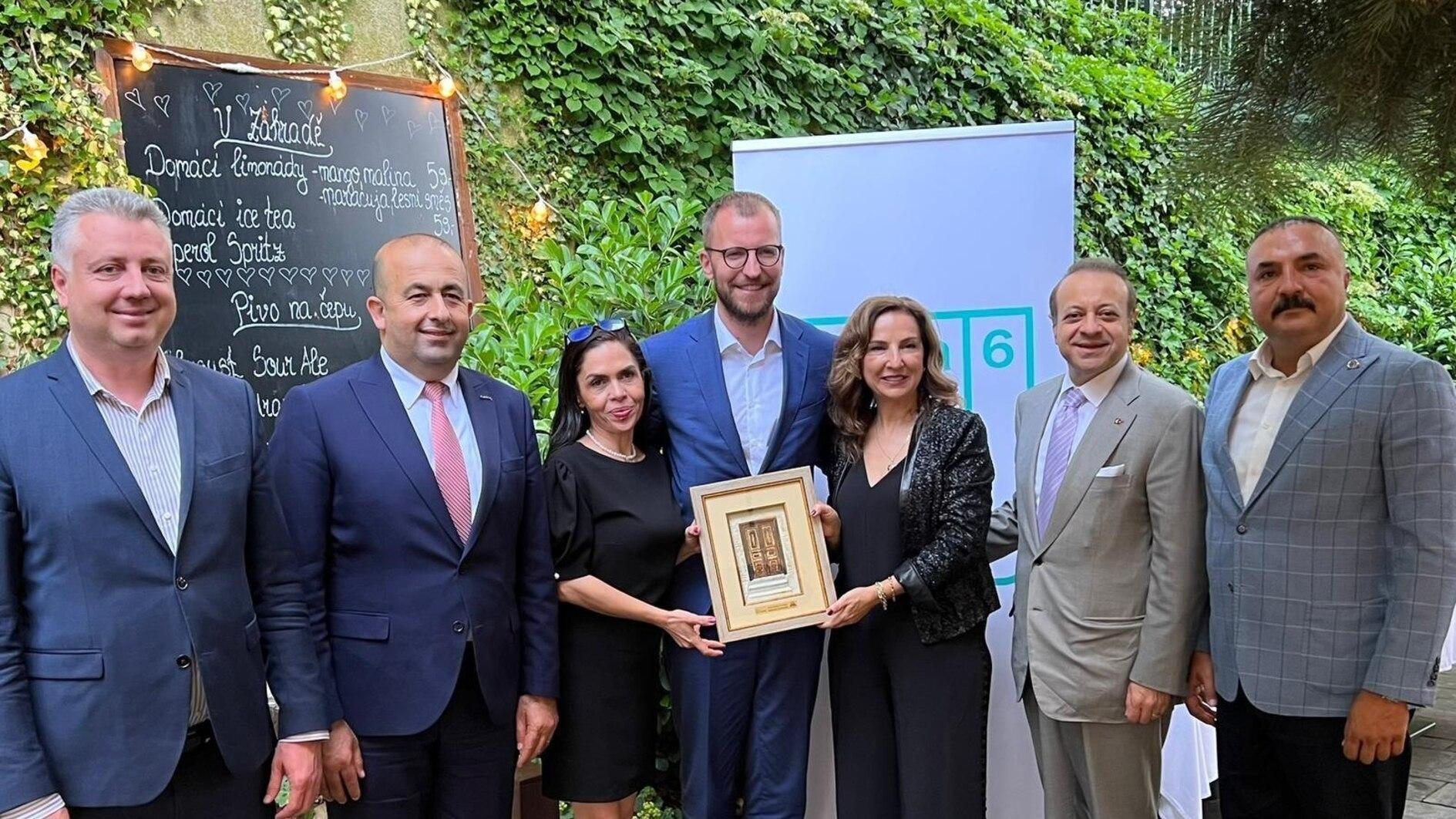‘De facto’ PKK truce holds as PM vows to go till end
ANKARA

Turksih PM Recep Tayyip Erdoğan addresses his party’s parliamentary group during an enthusiastic meeting that was frequently interrupted by chants. DAILY NEWS photo, Selahattin SÖNMEZ
Parties involved in the ongoing resolution process expressed their determination for eventually finding a peaceful resolution to Turkey’s decades-old conflict with the Kurdistan Workers’ Party (PKK) as Prime Minister Recep Tayyip Erdoğan says he would even drink hemlock poison if it meant achieving peace.“If our Justice Ministry is allowing BDP [Peace and Democracy Party] deputies to İmralı as part of the resolution process, the only reason is [to see] whether a step could be taken [toward a solution]; it was this,” Erdoğan said on Feb. 26 in an address to his party’s parliamentary group, reiterating that he was ready to even “drink hemlock poison” if it would pave the way for serenity in the country.
BDP co-chair Selahattin Demirtaş, meanwhile, said that the jailed leader of the outlawed PKK, Abdullah Öcalan, who recently met with three BDP deputies, believes that the recent process will beget an eventual resolution to the Kurdish issue. “Neither we nor the state can abandon that process,” Demirtaş quoted Öcalan as saying in a letter he said they received from Öcalan the morning of Feb. 26. The letter was reportedly sent through a courier by the National Intelligence Service (MİT).
“There’s a certain determination and desire this time. Parties have focused on the target. They don’t regard the process as hanging on by a thread. We are making persistent efforts in order for that process not to fail,” Demirtaş told a group of reporters on Feb. 26. When asked whether the PKK could declare a ceasefire on March 21, at Nevruz – a spring festival for many people in the Middle East that is of crucial importance to Kurds – Demirtaş said that there’s a de facto ceasefire, indicating that the PKK is not carrying out armed action and the army is not conducting considerable military operations against the PKK. He added that the de facto ceasefire can become official after the process makes progress. Withdrawal of PKK militants will become definite after discussions between Öcalan and Kandil, the mountain where the PKK’s headquarters and training camps are based, according to Demirtaş.
One letter, three addresses
Demirtaş, who had yet to read the whole letter when speaking to reporters, said that the handwritten letter by Öcalan arrived at the BDP’s headquarters in a white, unsealed and unmarked envelope. Öcalan wrote one letter, with three addressees on separate cover letters: the BDP, Kandil and the European wing of the PKK. The BDP Party Assembly gathered and discussed Öcalan’s letter and the BDP’s Central Executive Board will respond to Öcalan’s letter before deciding whether or not to reveal its content. According to sources, Öcalan lays out certain conditions for the PKK’s disarmament in his letter. Certain legal assurances should be provided for the PKK’s withdrawal from Turkey and the withdrawal can be completed by the end of August, Öcalan was quoted by sources as saying.
For disarmament of the PKK, according to Öcalan, Turkey needs to strengthen local administrations by removing its reservations on the Council of Europe’s European Charter of Local Self-Government. The definition of a neutral citizenship, which will not define anyone as Turkish or Kurdish and establishment of a truth commission in Parliament to examine rights violations, are required conditions for a resolution, Öcalan reportedly wrote. Demirtaş said that Öcalan expects a response to his letter within two weeks.
Also on Feb. 26, the National Security Council (MGK), which brings together the country’s top civilian and military leaders, held a regular bimonthly meeting during which the ongoing process was likely to be discussed at length.
















